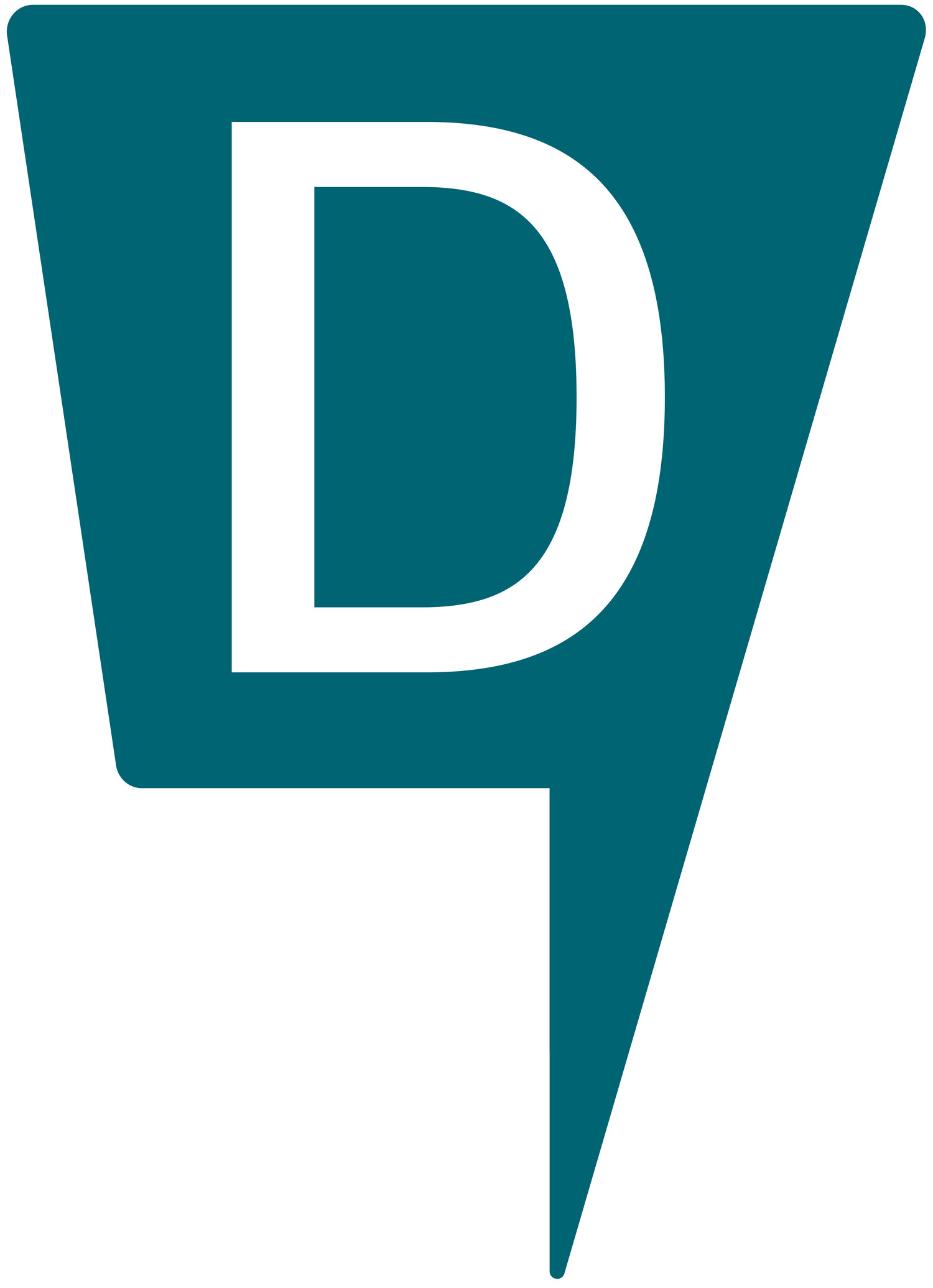Should I Use AI?: Creating a Framework that Empowers Students to Responsibly Use AI
By Hudson Harper
As schools make the decision to embrace the use of AI by students and teachers, there are naturally lots of questions about academic integrity and how it fits into student work. At The Downtown School, we are leaning into the power of AI as a tool to enhance student learning, so we’ve put a lot of thought into these questions.
As we’ve talked with students about AI, they’ve had a few key perspectives. Some started adapting the use of AI into their work before we started thinking about it institutionally and have been ahead of the curve this whole time. Some have thought about AI but have been hesitant to use it because of uncertainty around whether or not they’re cheating and questions about how the AI even works. Some have avoided AI altogether because of the desire to remain in control of their creative process and ideas.
To help students access an equal playing field with AI and address the questions and concerns, we decided to create the following framework to help students and teachers understand when using AI is appropriate. Not only is this framework meant to make sure that everyone is using AI responsibly, but we also believe that using AI within this framework actually helps students use it more productively.
So what does this framework look like? As with any new technology, the uses for AI and its capabilities are impossible to predict. So, hard and fast rules won’t work. Also, the point of our framework isn’t to catch students out on the use of AI and establish penalties for its misuse. Instead, we wanted to empower students and equip them with a set of questions they can ask themselves when deciding whether to use AI to help them on their school work.
Our goal with these questions was to emphasize that how students use AI is no different from how students should approach any tool that helps them with their work. It’s all about how you use the tool, and does it enhance or impede your learning? As long as a student can answer each of these five questions confidently, then we’re going to encourage them to make use of AI and develop their AI literacy and skills.
As we move through the school year, we are going to continue to develop our understanding and use of AI as a school. Students will encounter some form of AI in all of their classes. Teachers will also provide examples in each of their courses of how this framework applies to their specific disciplines. To emphasize this, The Downtown School has embedded these questions into the syllabi of all of the school’s courses. As we learn more about AI together, we’ll continue to refine and add new resources like this one to help students make the most of its use.
It’s an exciting time in education as AI enables possibilities and opportunities for student learning that were previously impossible or not accessible to all students. Beyond just using for AI for school work, students can use AI as personal tutors who can explain and summarize concepts, brainstorming partners to help them get started on creative projects, and personal assistants that can help scaffold their work. In these cases, the decision to use AI or not is even simpler, and we want every student to be able to navigate these possibilities with confidence.
If you’re curious about how The Downtown School continues to evolve our use of AI, we invite you to reach out and learn more about what we’re doing and share your thoughts! There’s still much learning to happen as we explore and incorporate AI into our work.


